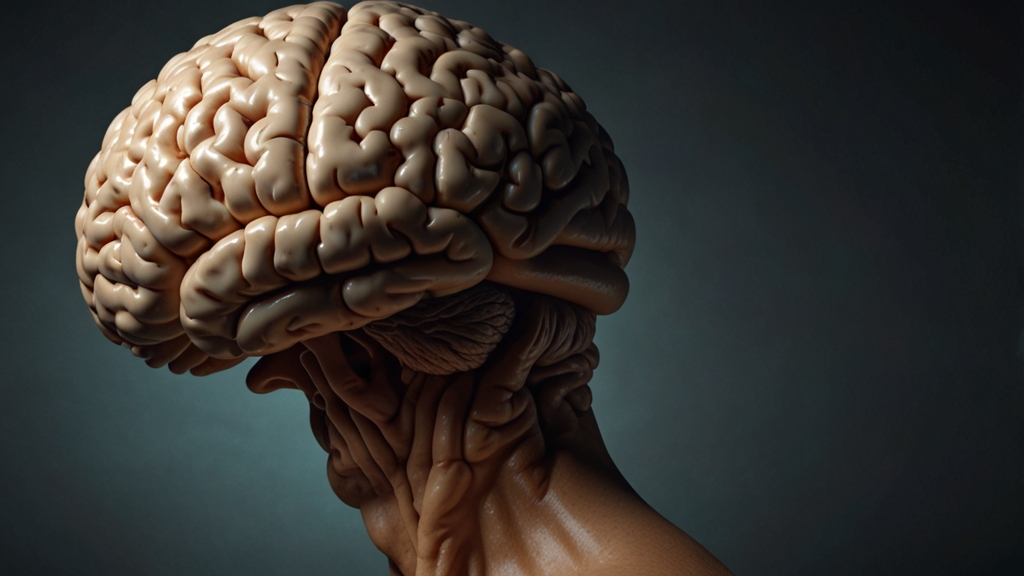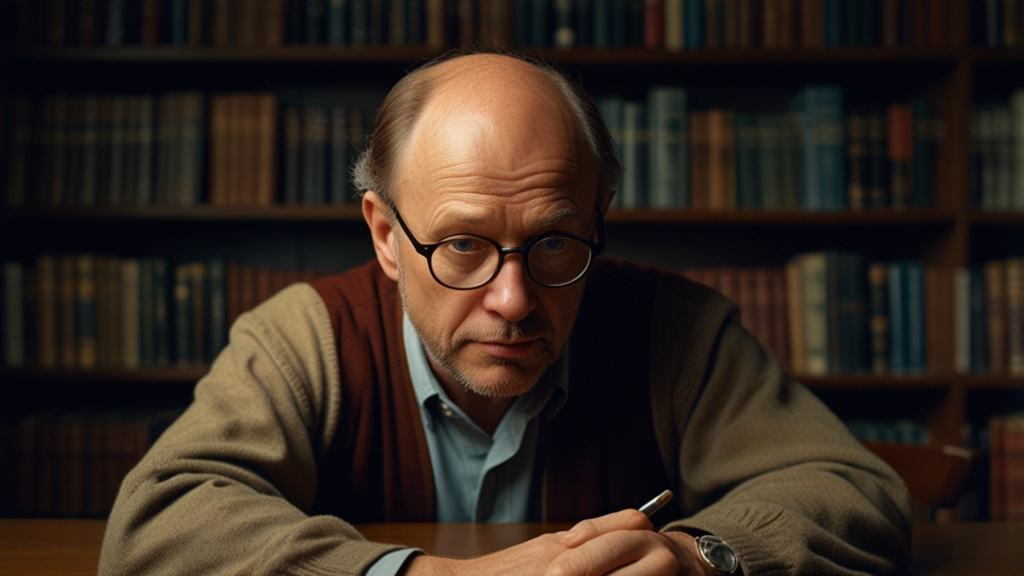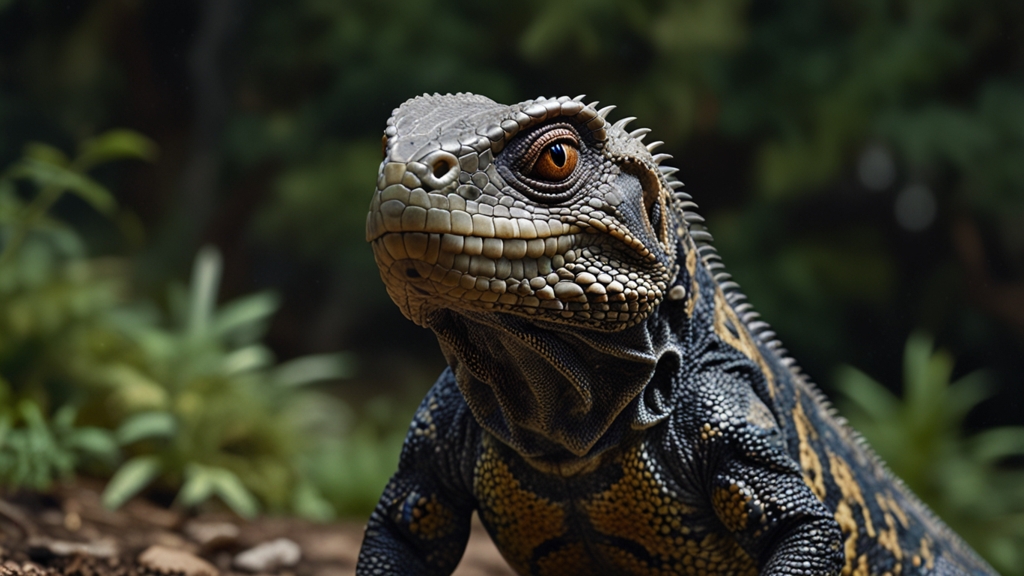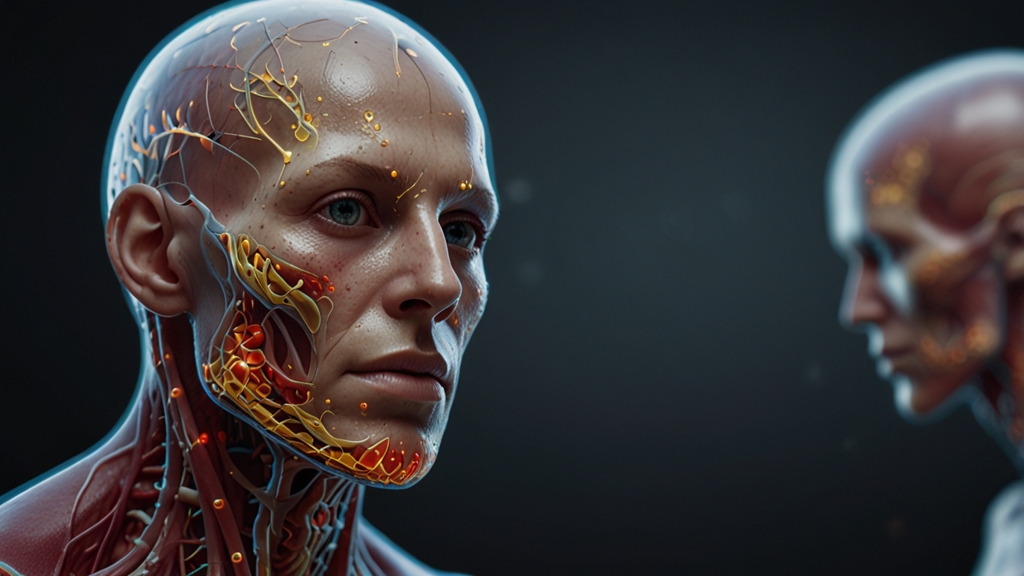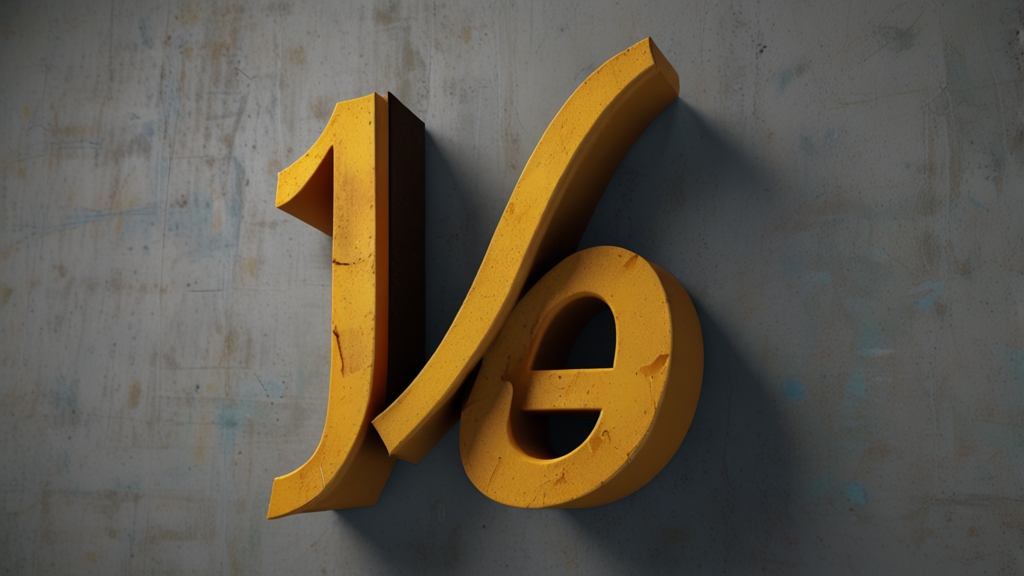Creation Stories Through the Ages: A Journey of Belief
From the dawn of human civilization, every culture around the world has sought to understand the origins of life and the universe. These creation stories, or cosmogonies, offer profound insights into the values, beliefs, and understandings of the people who tell them. While they differ vastly in detail and methodology, they share a common purpose: to explain the inexplicable, and to connect humankind to the divine or the unknown.
Ancient Mesopotamia: The Enuma Elish
The Enuma Elish is one of the oldest known creation myths, hailing from ancient Mesopotamia. Composed in Babylon around 1800 BCE, this epic describes a primeval conflict between forces of chaos and the gods. Central to the story is the god Marduk, who battles the dragon-like goddess Tiamat. Upon defeating her, Marduk uses her body to create the sky and the earth.
This ancient tale emphasizes the triumph of order over chaos and the divine mandate of kings, given that Marduk's victory establishes him as the supreme deity.
India's Vedic Hymns
In ancient India, the Vedas – a large body of religious texts – offer multiple creation narratives. One notable hymn from the Rigveda, dated around 1500 BCE, tells of Purusha, the cosmic giant whose body is sacrificed by the gods to create the universe. From his mouth came the Brahmins, from his arms the Kshatriyas, from his thighs the Vaishyas, and from his feet the Shudras, thus establishing the four varnas or social classes of Hindu society.
Another hymn speaks of the golden embryo or Hiranyagarbha, which floated in the cosmic waters before birthing the universe. These narratives reflect the intrinsic spirituality and deep philosophical underpinnings of Vedic tradition.
The Abrahamic Traditions
The Hebrew Bible, particularly the book of Genesis, offers a widely recognized creation narrative in the Western world. The story begins with a formless void over which God's spirit hovers. Over six days, God speaks the universe into existence, culminating in the creation of humankind in God's own image. This account not only underscores the omnipotence of God but also establishes humanity's unique relationship with the divine.
“In the beginning, God created the heavens and the earth.” – Genesis 1:1
Similarly, the Quran, the holy book of Islam, offers creation accounts. Surah Al-Baqarah speaks of Allah creating Adam from clay and breathing life into him, highlighting the themes of divine will and human responsibility.
Indigenous Narratives
Indigenous cultures around the world hold rich and diverse creation stories that are deeply intertwined with their land and traditions. For example, many Native American tribes have unique tales explaining their origins. The Navajo creation story describes the emergence of the ancestors from a series of underworlds to the present Earth, embodying themes of growth and spiritual progression.
Similarly, the Dreamtime stories of Australia's Aboriginal peoples depict a time when ancestral spirits journeyed across a formless Earth, creating life and establishing the laws that govern nature and human behavior. These narratives are not merely historical accounts but are living, breathing parts of the cultural identity and moral framework of these communities.
Modern Interpretations and Beyond
In contemporary times, the narrative of creation has been both challenged and enriched by scientific understanding. Theories such as the Big Bang and evolution provide naturalistic explanations for the origins of the universe and life. Yet, for many, these scientific accounts coexist with traditional beliefs, offering a multifaceted view of existence.
Ultimately, creation stories reflect humanity's enduring quest to understand our place in the cosmos. Whether through myth, religion, or science, these narratives – ancient and modern – continue to inspire wonder and contemplation about the mysteries of existence.
Every culture’s creation story is a testament to the human imagination’s boundless capacity to seek meaning and order in the universe.
